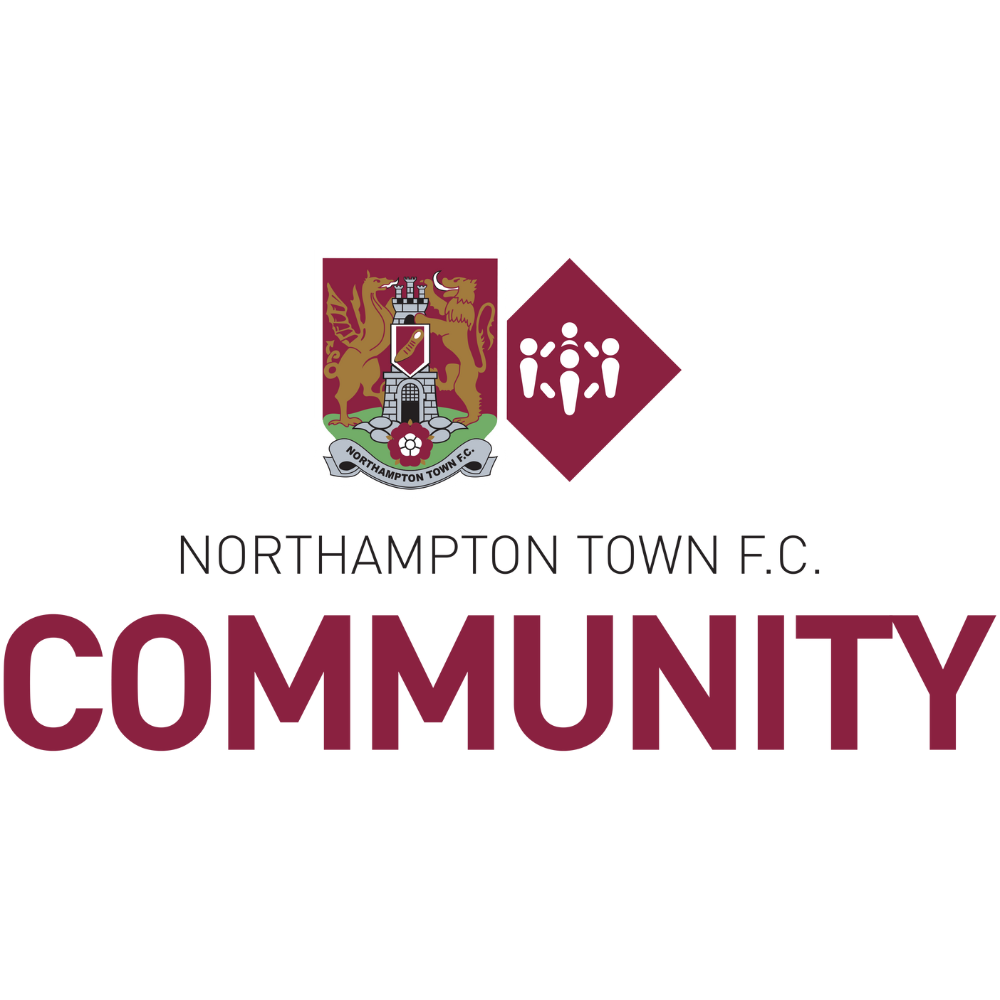Eredivisie is making professional football more sustainable
On Thursday, a kick-off session on sustainability took place for all directors and other representatives of the 34 Dutch clubs, at the initiative of the Eredivisie CV, Keuken Kampioen Divisie and the KNVB. Making professional football business operations more sustainable is both a necessity and an opportunity.
Obligations and opportunities
Led by chairman of the day Tom van ‘t Hek, several interesting topics were discussed, such as laws and regulations and the collective approach. From the RVO, Rik van Kraaij (Advisor sustainable built environment at the Netherlands Enterprise Agency) gave a presentation on the most important laws and regulations for the sports sector. Ron Francis (Financial Director KNVB) spoke on behalf of the CED, ECV and KNVB about regulations from UEFA, reporting requirements and opportunities for professional football. Michiel van Rijn van Alkemade (Director More2Win, consultancy) concluded the afternoon by explaining the collective approach from the three entities in Zeist and the plans for this season.
Conclusion: The expectations of supporters, sponsors and other stakeholders such as the government are increasing, but it also offers many opportunities for savings and partnerships. It is a big topic, which all organisations have to deal with in their own way. Many different laws, regulations and innovations follow each other in rapid succession, making knowledge sharing a must.
Good examples
In both the Eredivisie and the Keuken Kampioen Divisie, several clubs are already taking steps towards more sustainable operations. FC Dordrecht, for example, will play a climate-neutral match at the end of this season, the ArenA has a large energy and water storage facility, SC Heerenveen has set up a special foundation with 11 partners to be the most circular region and more and more clubs are using solar panels, LED lighting, electric cars and buses and deposit cups.
Footprint Model and 0 Measurement
In the coming week, all clubs will receive information about the footprint model, which has been specially developed for all clubs in recent months. This model combines the footprint model for top sporting events and regular operations and requests data on the themes of mobility, energy, materials, waste, water and food & drink. The coming months will be devoted to completing a 0-measurement, in order to take targeted follow-up steps for sustainability from these insights.

Aris Limassol FC Social, Environmental, and Health Initiatives

Aalborg Boldspilklub af 1885- Connecting North Jutland




